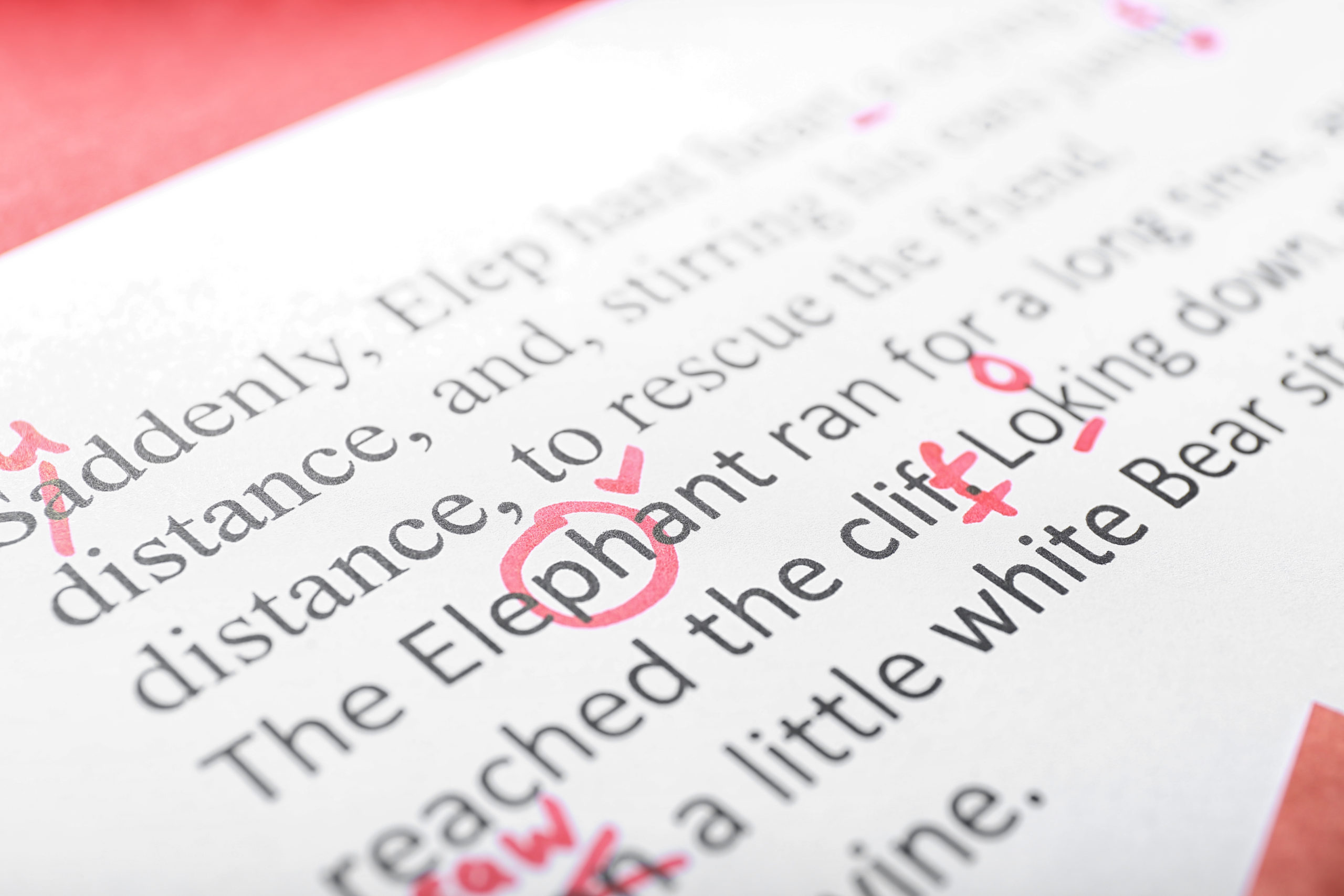
The Wedge of Truth
Science is the supreme authority in our culture. If there is a dispute, science arbitrates it. If a law is to be passed, science must ratify it. If truth is to be taught, science must approve it. And when science is ignored, storms of protest are heard in the media, in the university — even in local coffee shops. Yet Read More ›



